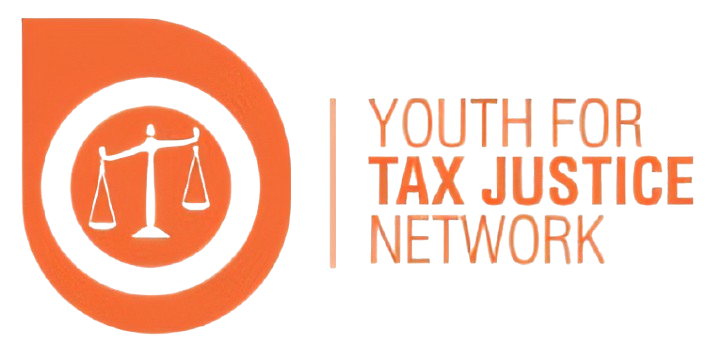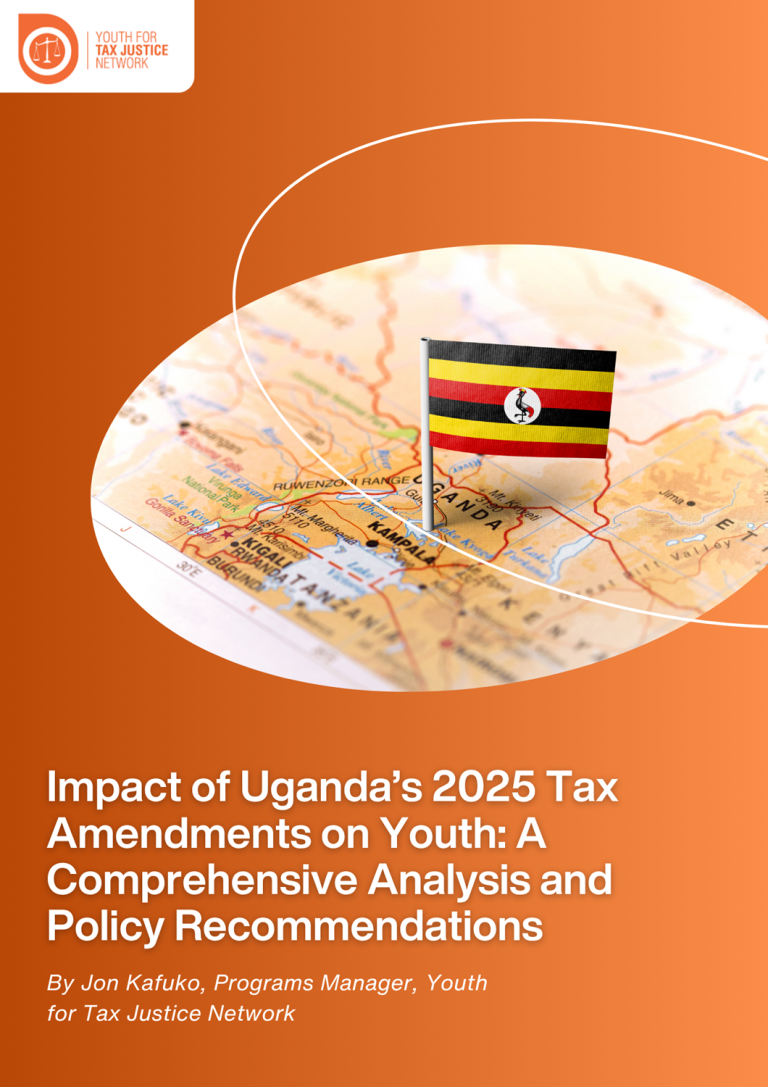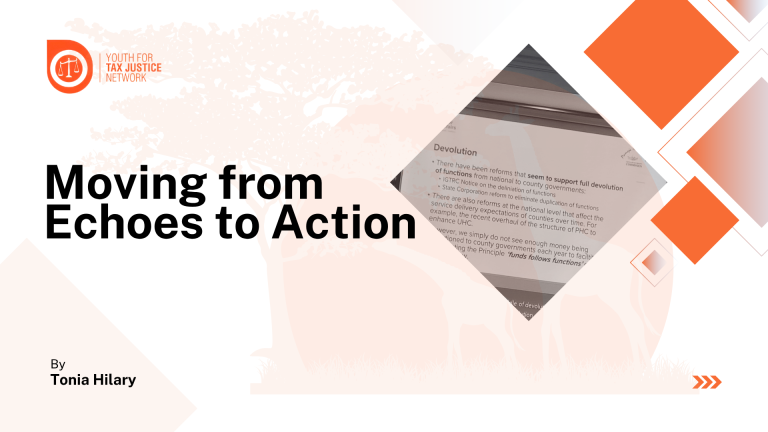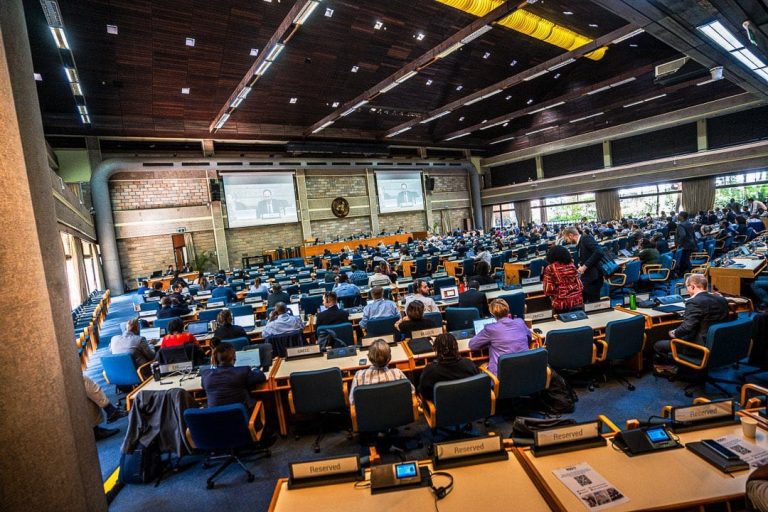The Auditor General (AG) plays a key role in the governance structure of any country by aiming to help public entities and Parliament ensure transparency and accountability in the management of public resources. The completion of the audit process, however, is not enough by itself to ensure improved performance. Many audit reports are either not read, or their significance is not appreciated by those who have to act upon them within public sector entities. The failure to take action on the findings of the Auditor General is a missed opportunity to improve financial management, effectiveness, and accountability in the deployment of public resources. As such, the implementation of the recommendations included within these audit reports has multiple benefits, in that it could enhance the quality of service deliveries, promote good governance, and reduce the misuse of resources.
The Significance of Fiscal Discipline in Government Operations
Fiscal discipline is a key component in the efficient and effective operation of a government. Sound fiscal practices contribute to improved allocation of resources and, as a result, ensure the delivery of public services and infrastructure to the citizens. Moreover, there is no doubt that investor confidence is crucial for economic development, and fiscal management can contribute to high levels of credibility and long-term returns. In particular, prudent fiscal management maintains the balance between revenue and expenditure. A budget deficit resulting from a shortfall in revenue is usually financed by borrowing, leading to higher debt.
Fiscal discipline reduces unsustainable debt levels, freeing resources for investments in sectors like agriculture, tech, and green industries, which are critical for youth employment. This can be presently seen in Nigeria where the transition to zero-based budgeting has been credited with enhancing fiscal discipline, leading to smaller fiscal deficits and allowing for more targeted public spending, as it forces each government department to justify every expenditure from scratch each budget cycle, thereby minimizing unnecessary spending and promoting efficient allocation of funds.
Strategies for Domestic Resource Mobilisation in Uganda
The Auditor General Report 2024 notes that Gold exports valued at USD 3.014 billion (approximately UGX11T) were made without obtaining the necessary export permits from the Minister of Energy as required by the law which led to the loss of government revenue.
The question that arises, according to YTJN Programs Officer Mr Jon Kafuko, is how we are mobilizing resources to close these gaps.
“Our advocacy has been targeted towards reducing government spending and reallocating these funds to essential sectors such as health, education, infrastructure, and social protection.”
To promptly improve domestic revenue mobilization, the following are key strategies that could be considered.
- Improving revenue collection, including tax, not only will raise more income but will also create opportunities to enhance strategies to eliminate income forgone.
- Redesigning the tax and subsidy format in the public sectors can also be a complementary policy to improve efficiency.
The effectiveness of these policies will largely depend on the capacity of the tax administration agency and compliance and enforcement levels. The strategies to improve tax compliance might involve developing the required skills for governance and administration.
Effective tax administration and compliance ensure stable revenue streams for health, sanitation, education and vocational training which are needed to provide a foundation for the youth. It is noteworthy that Uganda’s poverty reduction from 56% to 31% (1992–2005) was partly driven by fiscal policies that prioritized social services. Inclusive economic growth depends upon access to high-quality services such as education, health, water and sanitation, better human capital development, and targeted social protection to reduce the vulnerability of the population to adverse shocks. This entails enhancing the efficiency and, inevitably, levels of public expenditures.
Capacity building in tax administration could be focused on effectively minimizing non-compliance and fraud. One way that could complement and ensure taxation fairness is promoting civic engagement and public awareness about how and where their taxes are used. Similarly, a complementary approach to effectively mobilize resources from different sectors is to promote innovative funding and financing resilience by building a public-private partnership approach to finance large-scale infrastructure projects. Above all, digital progress is a game changer as far as the tax administration system in Uganda is concerned. The introduction of e-filing, increased internet coverage, and a mobile payment platform not only have increased efficiency but also have stimulated high tax collection.
Barriers to Implementing the Auditor General’s Recommendations
A common concern shared by stakeholders is the prevalence of political resistance: there seems to be no political will to ensure the needed reforms, and resources to support the implementation process are inadequate.
Apart from these issues of political economy, bureaucratic red tape seems to criticize the process of executing a reform.
“The Inspector General of Government (IGG) report notes that Uganda loses an estimated UGX 10 trillion annually to corruption, which constitutes over 44% of the country’s annual revenue collections. The report further showed that only UGX 2.3 billion was recovered from corrupt individuals despite the agency recommending a recovery of UGX 15.7 billion.”
On the one hand, the current reform process is reckoned to be too widespread and needs to be better streamlined. Meanwhile, the fact that the public knows very little of the subject or is not interested, coupled with resistance from entrenched interests, compounds the obstacles to change. Finally, it is difficult to reconcile the different actors involved; their responsibilities overlap, and their interests are often competing.






